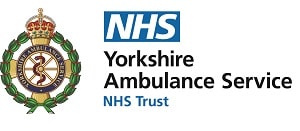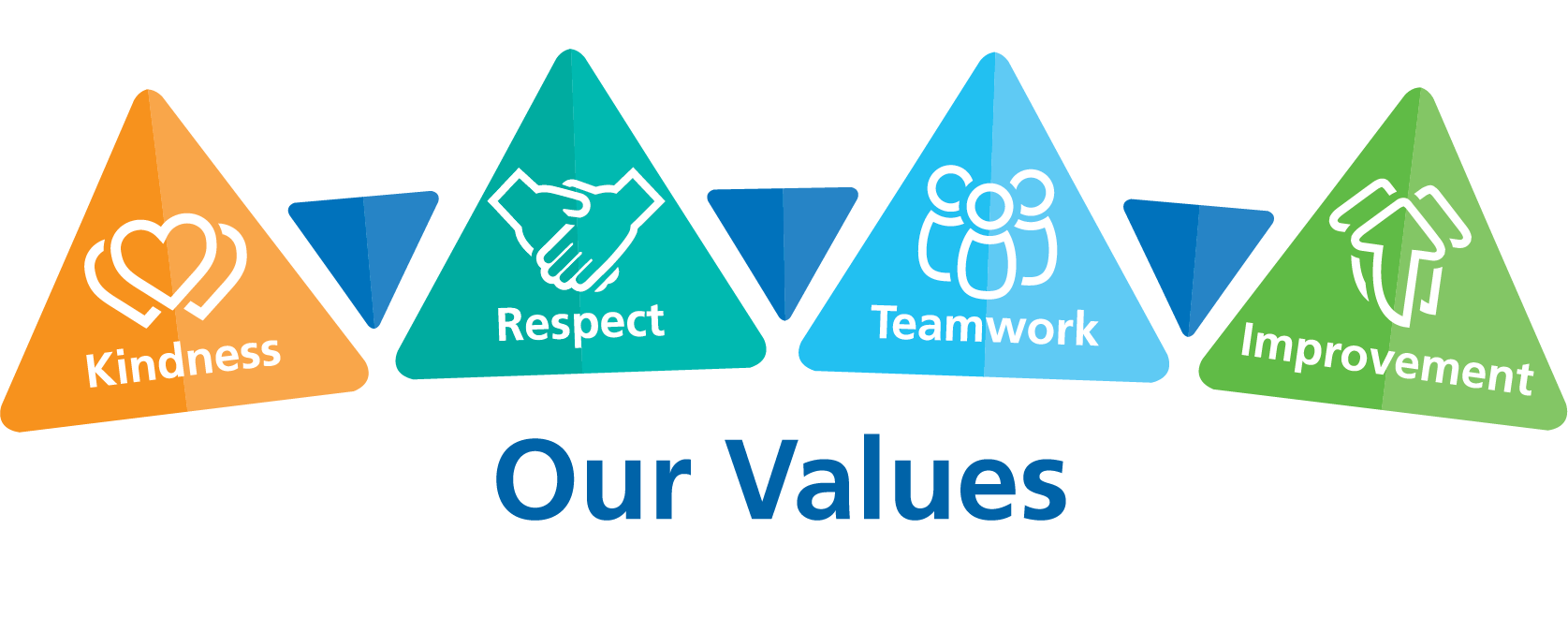Privacy Notice: NHS 111
NHS 111 can provide medical help and advice when you have an urgent need which is not an emergency.
The service is available 24 hours a day, seven days a week and can help you in these cases:
- It is not a life-threatening situation and therefore is less urgent than a 999 call.
- You do not have a GP to call or a GP is not available.
- You feel that you cannot wait and are unsure of which service you require.
- You need health information or reassurance about what to do next.
NHS 111 calls are answered by highly trained health advisors supported by experienced clinicians who will assess your needs and determine the most appropriate course of action to help you. Call handlers use the NHS Pathways assessment tool – a standard set of questions to establish what service you may need.
To provide you with urgent (non-emergency) medical help and advice through our NHS 111 service, we will collect information about you to help us identify you and provide you with appropriate medical help and advice. We will record information about your condition and the advice we have provided. This information will be recorded on a patient clinical record.
When you ring NHS 111 for medical advice, the clinician who speaks with you may, subject to technical compatibility between IT systems, be able to see a view of your GP health record if you have given your permission for them to view it at the time of the call. At the end of the call, should you require an appointment at your GP surgery, the NHS 111 call handler or clinician may be able to book one for you (subject to availability).
NHS 111 clinicians have access to your health record to have a better understanding of your medical history and health needs so that they can choose the right course of action for you.
To enable us to meet the needs of patients with complex health or emotional needs or those who cannot manage their healthcare themselves, a patient’s GP or urgent care and out-of-hours primary medical care service may pass NHS 111 clinical advisors some specific information to enable us to provide the most appropriate medical help and advice. The GP or urgent care and out-of-hours primary medical care services should involve the patient in the decision to provide us with this information.
Our urgent (non-emergency) medical help and advice line, NHS 111, offers a text message confirmation service for primary care appointments we book for you. You will be asked to confirm the mobile number that this confirmation should be sent to each time you call.
If you make a complaint or an enquiry about the service we have provided or have contact with us on another matter, we will keep a record of all the relevant details in a file for reference purposes.
We record all calls to the urgent (non-emergency) medical help and advice line, NHS 111, for the following purposes:
- To make sure staff act in compliance with our procedures.
- To ensure quality control and audit purposes.
- For training, monitoring and service improvement.
Records of the service we provide are retained securely for reference and will allow us to monitor how well we are providing our service.
If you ring our urgent (non-emergency) medical help and advice line, NHS 111, in order to provide you with appropriate care we may need to share some health information about you with your GP and additionally with other health or social care providers.
If you do not wish for information about you to be shared we will give you the opportunity to say so however this may impact on the services and support that can be provided to you.
It may be appropriate to share your information with other services and third parties. These can include:
- NHS Commissioners who are responsible for procuring healthcare services to meet patient’s needs
- Primary care providers which include out-of-hours GP services, Urgent Treatment Centres, Community Pharmacies, GP surgeries and extended hours GP schemes
- clinicians within the control room
- social services where there is a concern for the welfare of the patient or others involved
- voluntary sector services
- secondary care providers such as Emergency Departments within a hospital
- community service providers such as District Nursing teams
- mental health services where the patient has a mental health illness and specific treatment is required
- dental service providers for calls relating to dental problems
- next of kin where the patient has requested us to make the person aware of any ongoing incident
- 999 emergency ambulance services
- the police service
- Any other medical/social care provider as listed on the English Directory of Services and approved by local commissioners.
- patient experience surveys conducted by third parties.
Records are maintained in line with the Trust’s Records Management Policy and retention periods are based on guidance provided in the Records Management Code of Practice for Health and Social Care (NHS Digital).

